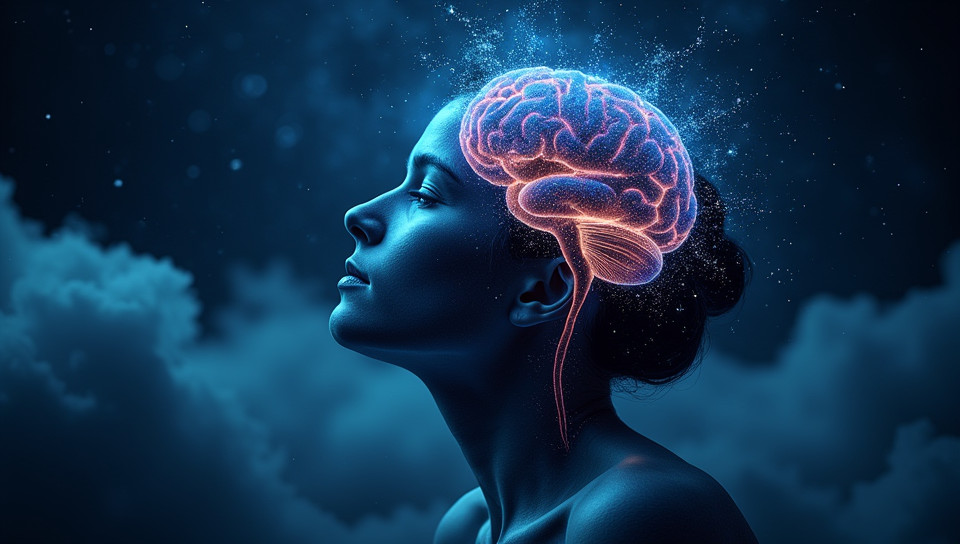Emotions and memories are highly active in the brain during sleep 54%

The Secret Life of Sleep: Unraveling the Mysteries of Emotions and Memories
As we drift off to sleep, our minds enter a world of dreams, emotions, and memories. It's a realm where our brains process and consolidate the events of the day, strengthening connections between neurons and filing away experiences for future recall. But what exactly happens in this nocturnal kingdom? How do emotions and memories interact during sleep, and why does it matter?
The Science Behind Sleep and Memory
When we sleep, our brain's neural activity enters a unique state known as non-rapid eye movement (NREM) sleep. During this phase, the brain waves slow down, and the neurotransmitter norepinephrine is suppressed, reducing the flow of information between neurons. However, research suggests that certain areas of the brain remain active even in NREM sleep.
The Emotional Component
Emotions play a significant role in memory formation during sleep. Studies have shown that emotional events are more likely to be consolidated into long-term memory when we're asleep. This is because emotions trigger the release of stress hormones like cortisol and adrenaline, which prepare the brain for action by enhancing attention and memory consolidation.
The Memory Process
Memories are not just stored in our brains; they're constantly being processed and reconsolidated during sleep. Research has identified several key stages involved in memory processing:
- Consolidation: The process of transferring information from short-term to long-term memory.
- Reconsolidation: The retrieval and updating of previously consolidated memories, making them more accessible and flexible.
- Extinction: The gradual fading of emotional responses associated with memories, helping us to forget painful or traumatic events.
Implications for Learning and Memory
Understanding the role of emotions and memories in sleep has significant implications for our understanding of learning and memory. By tapping into the brain's nocturnal processes, we can improve memory retention, enhance creativity, and even develop new treatments for neurological disorders like Alzheimer's disease.
Conclusion
The connection between emotions, memories, and sleep is a complex one, but it holds the key to unlocking the secrets of human cognition. By recognizing the importance of sleep in memory consolidation and emotional processing, we can harness the power of our nocturnal minds to improve learning, creativity, and overall well-being. So next time you drift off to sleep, remember that your brain is hard at work, processing emotions and memories in ways both fascinating and essential to who we are as humans.
- Created by: Olivia Brunner
- Created at: Oct. 16, 2024, 1:48 p.m.
- ID: 12994









